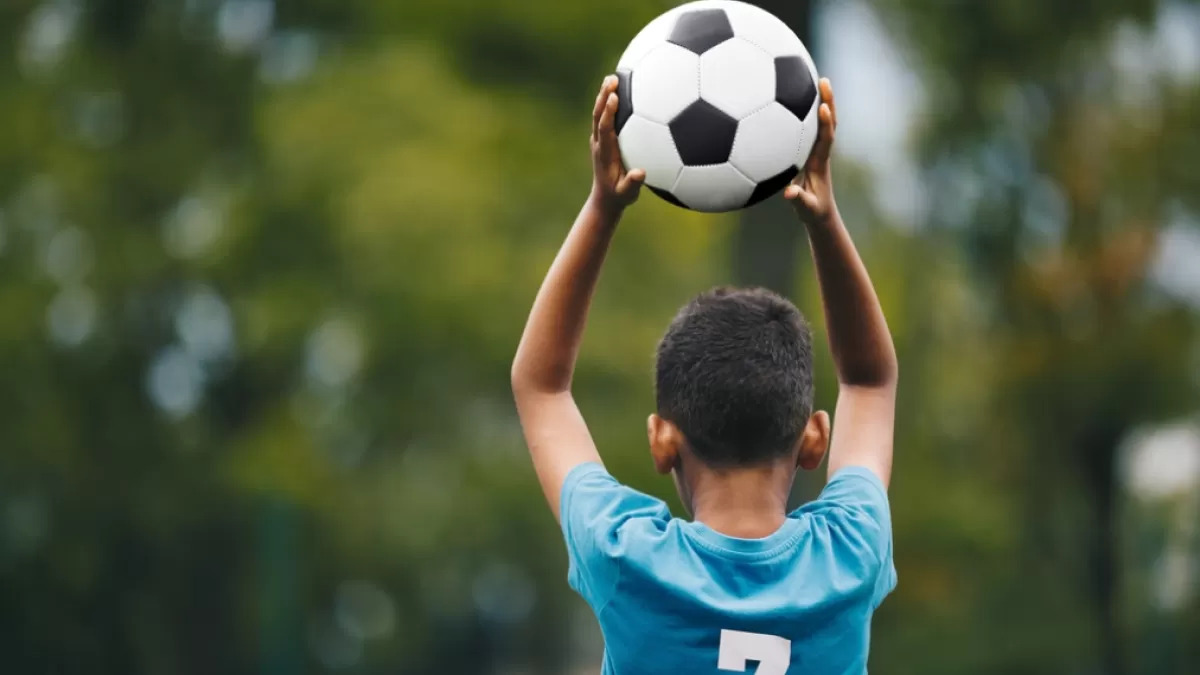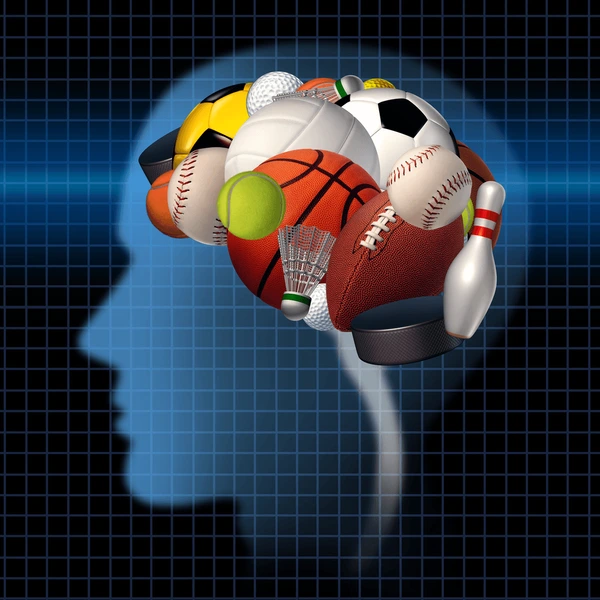

How Sports Help in Mental Growth
- Jul 15, 2025
- Research
- By Super Admin


In recent years, the role of sports in mental development has gained growing attention. According to sports research in India, regular physical activity, particularly through organized sports, significantly boosts mental well-being, concentration, and emotional strength in children and young adults. Platforms like HSWF.Network are actively promoting evidence-backed sports programs that focus on the complete mental and physical development of youth.

Modern sports research in India highlights the connection between physical activity and improved brain function. Studies conducted by Indian institutions show that regular participation in sports enhances neural connectivity, memory retention, and decision-making ability. Children engaged in structured sports programs tend to show better classroom behavior and higher academic performance.
As seen on HSWF.Network, programs are designed not just for physical fitness but also to promote mental growth, including attention span, stress management, and confidence building. The Indian grassroots sports movement is gradually shaping up to be a key contributor in national mental wellness strategies.
Wellness data insights from HSWF-organized events and community assessments reveal that children involved in consistent sports activities exhibit better focus and emotional control. These insights are based on real-time tracking of wellness indicators such as mood, energy levels, and daily productivity.
These findings reinforce that physical activity has a direct impact on the brain's ability to manage stress and process information. With this data, programs at HSWF.Network are constantly being upgraded to meet the evolving wellness needs of young athletes, ensuring holistic development.
Understanding how athletes grow mentally through sports is now possible through athlete performance analysis. This method involves measuring how sports training affects not just the body but also cognitive functions like reaction time, goal-setting behavior, and perseverance.
Platforms like HSWF.Network utilize such tools to assess youth participation in their events and workshops. These insights help coaches and parents better understand the psychological improvements kids make alongside physical progress.
The importance of grassroots sports in mental well-being is becoming increasingly evident. Through grassroots sports evaluation, it has been found that children who start early in local tournaments or training camps build emotional resilience and social skills faster than those who do not engage in sports.
HSWF’s grassroots initiatives are specially designed to be inclusive, supportive, and focused on emotional growth. These programs provide a non-judgmental space for children to explore their strengths and overcome mental blocks, leading to stronger mental health outcomes.
Ongoing youth health and fitness research shows a clear link between sports participation and emotional regulation. Children learn how to handle defeat, set goals, and manage their expectations, all of which are critical for mental maturity. This emotional balance reduces anxiety and enhances social behavior.
At HSWF.Network, youth fitness programs are tailored with a mental health focus, helping young athletes develop a well-rounded personality that thrives on self-belief and emotional intelligence.
One of the key outcomes of evidence-based sports development is increased confidence. When training methods and activities are designed based on verified data, they are more effective in nurturing both mental and physical strength.
HSWF.Network uses these strategies to ensure every child benefits from structured, proven sports development. The platform regularly shares updates, blog posts, and case studies that emphasize the role of sports in long-term mental growth.